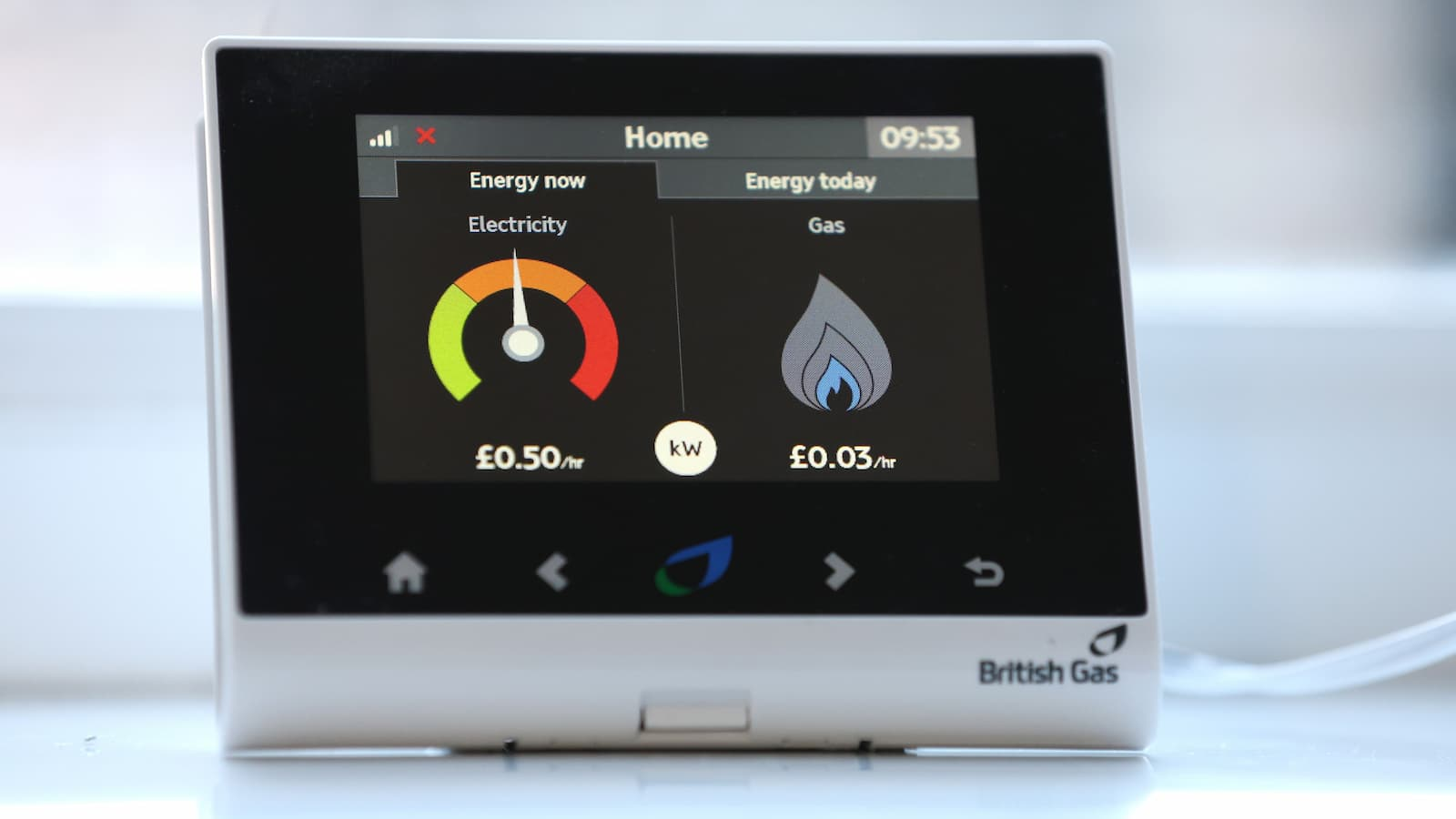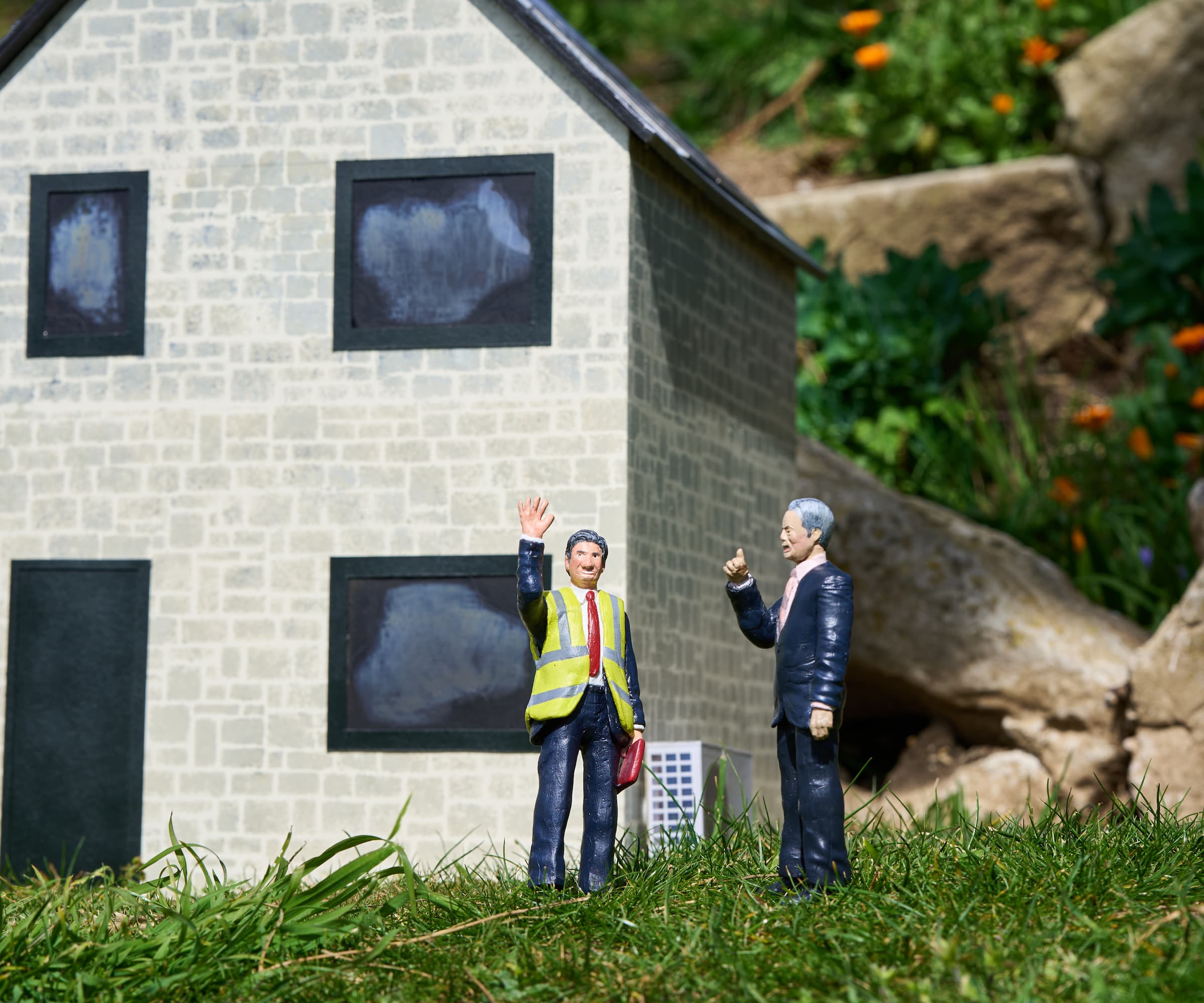Why your energy bill still follows gas prices and how ‘Pot Zero’ could change that
With support growing across political lines, ‘Pot Zero’ offers a way to shift older renewables into fixed-price contracts and potentially reduce the impact of gas prices on household bills

The majority of UK electricity now comes from low-carbon sources, yet household energy prices are still rising as they are still heavily affected by global gas prices.
This is due to the structure of the UK’s electricity market, where wholesale prices are usually set by the most expensive generator, typically gas-fired power.
Now a new proposal, known as “Pot Zero”, is gaining attention amongst UK politicians as one possible way to address this.
Why low-carbon electricity hasn’t lowered bills

Despite falling costs for wind and solar, UK electricity prices remain closely tied to gas markets.
That’s because older wind, solar, and nuclear power still feed into a market where prices are based on the most expensive source - usually gas. As a result, even cheap energy is sold at inflated market rates during gas price spikes.
Supporters of reform, including the UK Energy Research Centre (UKERC) argue this creates a fundamental mismatch: consumers often pay gas-influenced prices even when much of their electricity comes from cheaper renewables.
Prof Rob Gross, Director of UKERC, said: “We are particularly exposed to gas prices… That’s the principal driver of our [electricity] prices.”
Bring your dream home to life with expert advice, how to guides and design inspiration. Sign up for our newsletter and get two free tickets to a Homebuilding & Renovating Show near you.
Defenders of the current system, such as Energy UK and the industry body RenewableUK, point to the strong investment track record under the existing Contracts for Difference (CfD) model. For instance, RenewableUK’s CEO Dan McGrail recently noted that “the industry is ready to work with government to achieve [renewables targets]…while building on returning investor confidence.”
They and others emphasise that any retrospective changes could unsettle investors and create policy uncertainty.
What is 'Pot Zero' and how would it work?

The “Pot Zero” proposal was developed by the UK Energy Research Centre (UKERC). It suggests moving older low-carbon generators - particularly those on Renewables Obligation Contracts - onto government-backed Contracts for Difference (CfDs), which pay a fixed price for electricity.
Any difference between the fixed price and the market price is returned to or paid by suppliers, and ultimately reflected in consumer bills.
Supporters say this could reduce exposure to volatile fossil fuel prices, with potential household savings of up to £200 per year if widely adopted.
Former Energy Secretary Ed Davey has publicly backed the approach, saying it could lower bills without requiring new government spending. “The government should start today… cutting the typical household energy bill by more than £200,” Davey said earlier this month.
The Department for Energy Security and Net Zero has not formally endorsed Pot Zero, but recently extended CfD terms for new projects from 15 to 20 years a move seen by some analysts as aligning with the approach in principle.
Where the policy stands and the political response
So far, no formal government decision has been made on Pot Zero. However, discussions about reforming the UK’s electricity market have intensified in recent months, with a particular focus on making pricing fairer and less dependent on gas.
Over 100 Labour MPs recently signed a letter to Energy Secretary Ed Miliband calling for fundamental changes to how bills are structured, including ideas like rising block tariffs and standing charge reform. Some see Pot Zero as a potential part of this broader shift.
Pot Zero is one of several proposals now being discussed as part of a wider debate over how to make energy bills more affordable and less volatile.
While it has gained public backing from some political figures and experts, it remains one of several options under consideration, and its future role will likely depend on decisions made in the next phase of market reform.

News Editor Joseph has previously written for Today’s Media and Chambers & Partners, focusing on news for conveyancers and industry professionals. Joseph has just started his own self build project, building his own home on his family’s farm with planning permission for a timber frame, three-bedroom house in a one-acre field. The foundation work has already begun and he hopes to have the home built in the next year. Prior to this he renovated his family's home as well as doing several DIY projects, including installing a shower, building sheds, and livestock fences and shelters for the farm’s animals. Outside of homebuilding, Joseph loves rugby and has written for Rugby World, the world’s largest rugby magazine.
